Sexual Assault Affects Us All
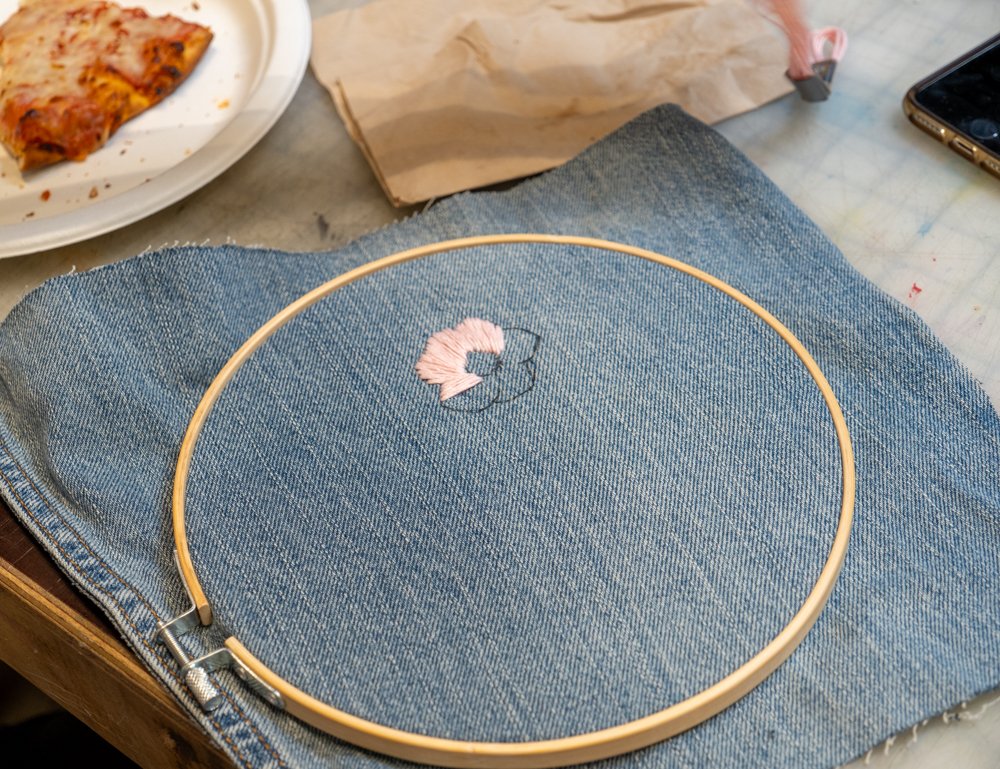
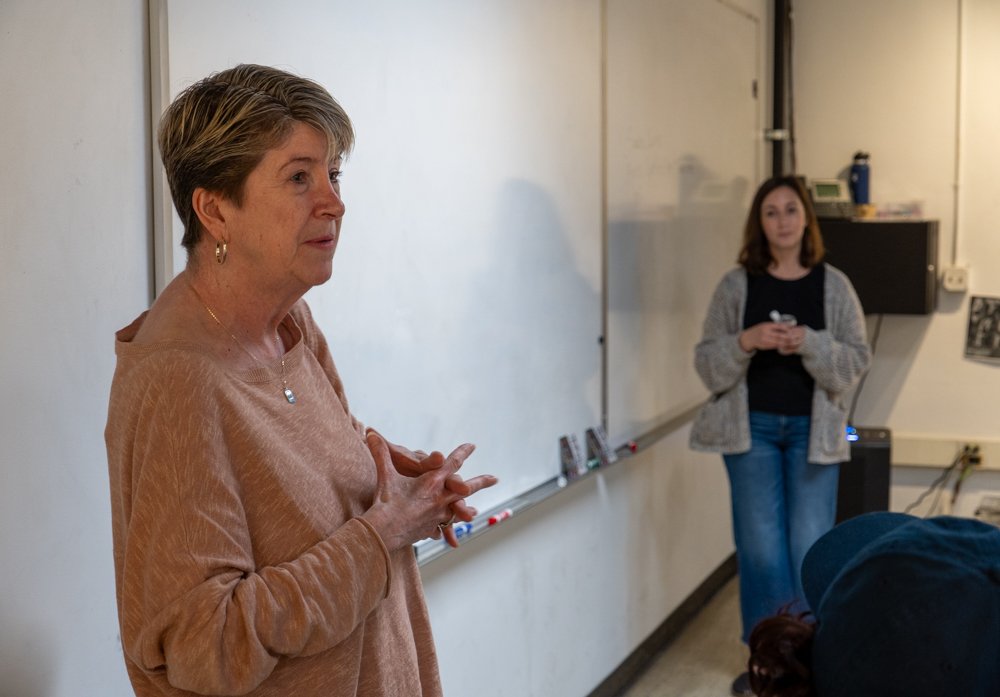
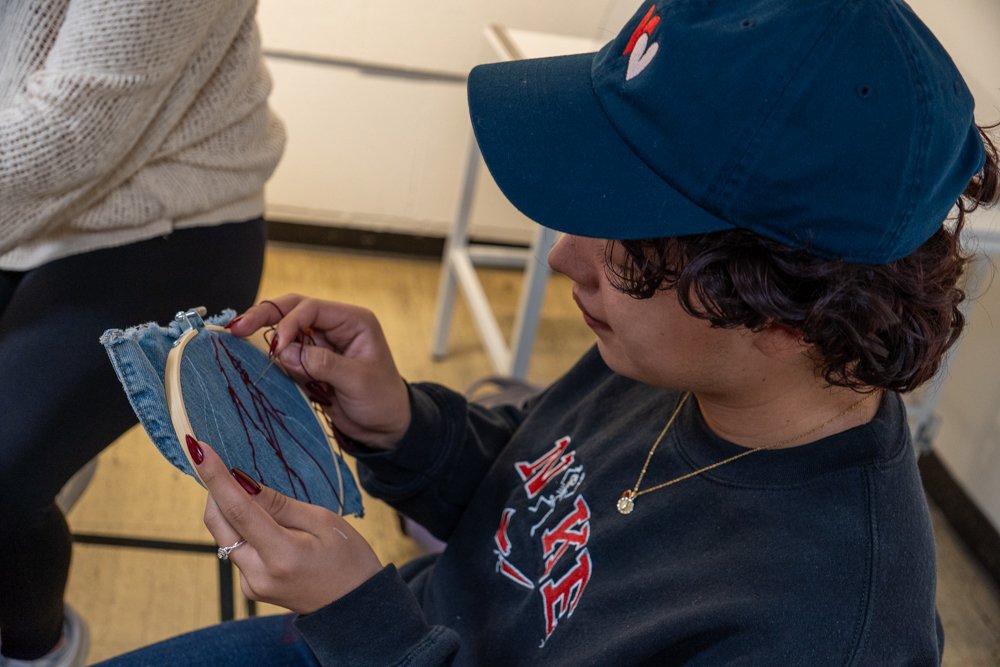
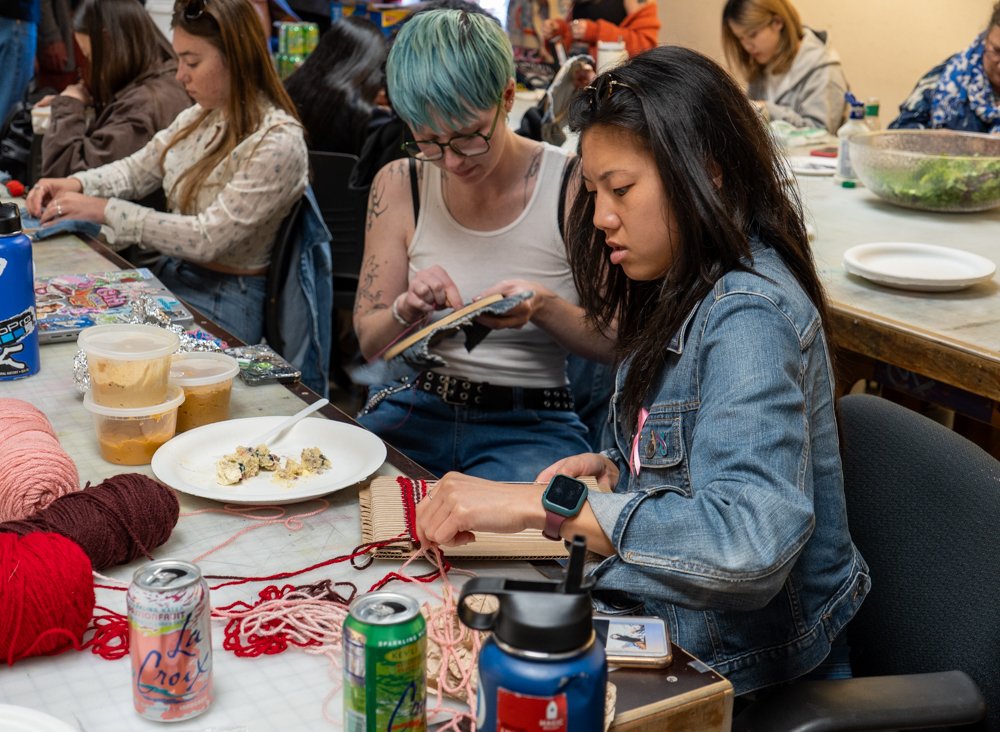
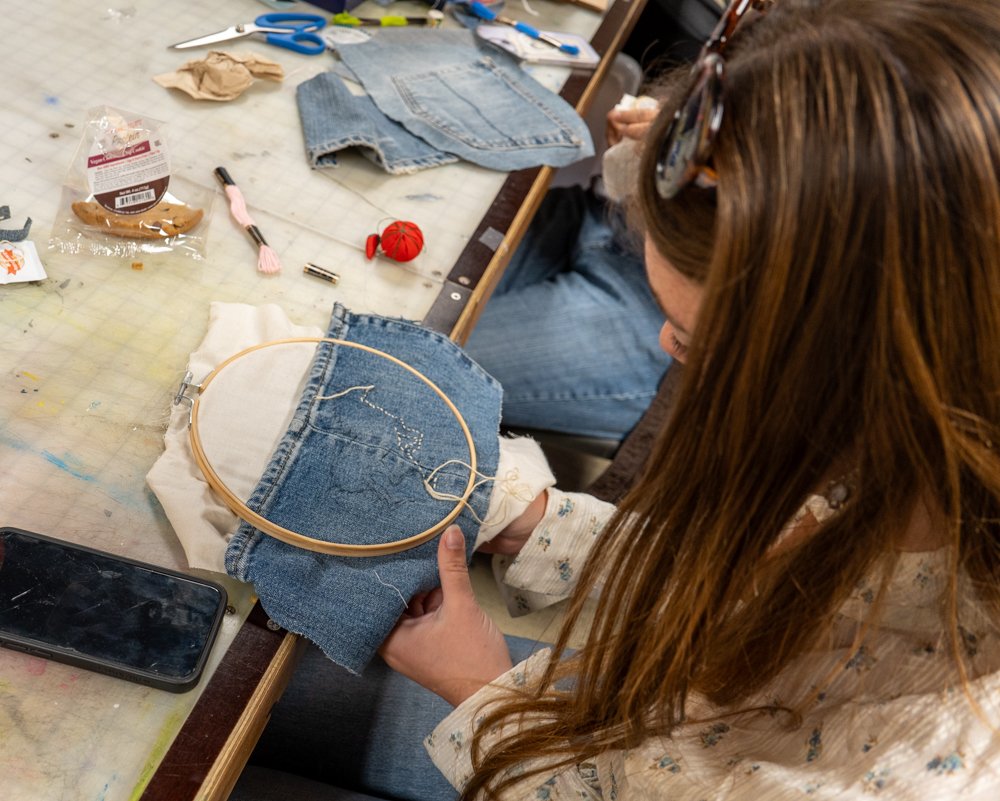
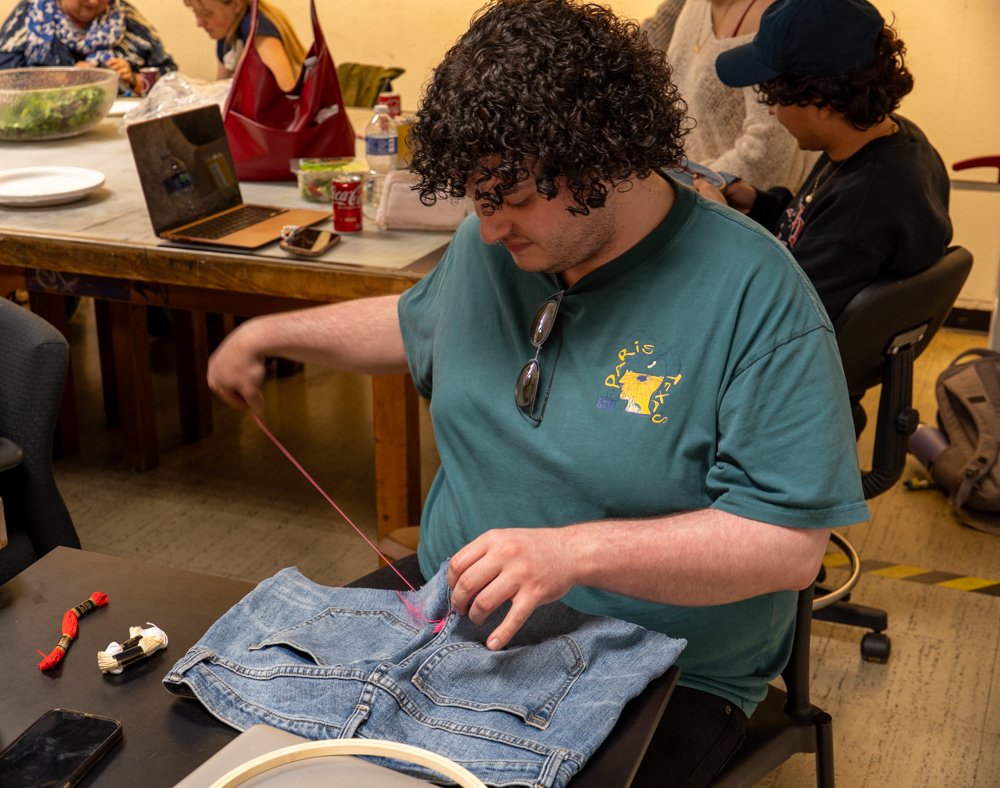
Editor’s note: This article contains discussions of sexual assault and describes a personal experience.
Women, men, children, or non-binary are victimized, harassed, attacked, forced, stalked or raped and sometimes murdered. Assailants, too, are victimized, harassed, attacked, forced, stalked, raped, jailed or not at all...
Happy Sexual Assault Awareness Month?
There were years that I was estranged from the very idea of this being a week, let alone a month, because, at the age of 9 years old, my step-father sexually assaulted me. Forced to grow up beyond my years to understand what was happening to me was never supposed to happen, and my soft body revolted, instinctively telling me to shelter my sisters.
I noticed, again and again, something foreign pressing up against my backside on a queen-sized bed shared with my little sisters; the last thing I remember before closing my eyes very tight was pushing my sister’s legs away.
1 in 5 Women reported completed or attempted rape in their lifetime. For men, 1 in 38.
Sexual assault is like a sudden detour from the path of life we were on. Despite it being something foreign and unexpected, there's this inexplicable connection formed with the assailant that alters our journey into unfamiliar and unsettling territories. The aftermath feels murky and devoid of any meaningful events.
It's alarming to note that according to the Center for Disease Control and Prevention, more than half of women have endured sexual violence at some point in their lives, while for men, it's one in three.
1 in 14 Men were made to penetrate someone else in their lifetime. For women, 1 in 6 have been pressured by coercion in their lifetime.
April 26, National Denim Day, is a day of awareness to encourage others to wear denim to fight against victimizing others and educate them about sexual violence. The day was brought on by a controversial high-profile trial where the survivor of rape was blamed, as the prosecutors alluded, that she must have participated in her rape by removing her jeans because they were too tight for him to remove them on his own. To stand in solidarity, it’s encouraged to wear denim and fight against the idea that survivors are at fault for their assaults.
Estimated 20.8 million women raped or attempted reported it happened before the age of 25 years old. For men, 2 million have been reported.
I’ve also experienced the guy who doesn't understand “no.” He was the “nice” guy, but dating wasn’t an option. I politely declined his advances. Somehow, this became “attractive” and a “challenge,” laughing it off while rolling my eyes.
As time went on, the guy became suggestive in verbal ways, which began to ring alarm bells. Shame crept in… As a victim of sexual assault, did I do anything that would encourage him? Doubting myself, I shrunk, my words losing power, influence, say, and pride.
1 in 6 Women are stalked in their lifetime, believing their loved one would be harmed or killed.
For men, it’s 1 in 17.
It’s an error of judgment that misogyny often wrongly blames women for the actions of their assailants… That’s incorrect. Its programming stemmed from generations of abusive patterns passed on to men, women, and children. Victims, regardless of gender, suffer from a lack of support, particularly from influential community figures who are supposed to be allies. This lack of support makes it incredibly challenging for victims to feel validated or understood.
It was President Bill Clinton who passed the Violence Against Women Act (VAWA) in 1994. This act provided funding for investigative and prosecutive services of criminal acts against women, demanding monetary damages on those responsible and allowing civil rectification. VAWA legalized protections for [victims] who experienced assault and, by extension, their children.
President Barack Obama was the first president to recognize April as Sexual Assault Awareness Month (SAAM) nationally in 2009. This was a significant gesture for the former President of the United States. Fortunately, the Biden Administration has continued this month.
President Joe Biden stated in a press release, “I urge all Americans to support sexual assault survivors, including when survivors reach out and disclose abuse, and to strengthen our efforts to prevent this abuse in the first place.”
1 in 4 women who experienced contact sexual violence, physical violence, and/or stalking reported IPV-related impact during their lifetime. For men, 1 in 10.
And so… April is Sexual Assault Awareness Month. ‘What the f*ck?’ were the sentiments of many survivors when asked about Denim Day. Of the many students, survivors or others who were in attendance, names will not be disclosed. But I dare say that many of them appeared calm, some emotional, and others focused on their patchwork in front of their faces.
I got the opportunity to speak to some of the students who participated in Denim Day and let me just say, what a surprising turnout. The classroom was filled, and everyone was working on their needlework, creating whatever they wanted. There’s something that’s beautiful about immortalizing art intertwined in the hands of creative souls seeking peace and solace.
Art Empowerment, in honor of Denim Day, was hosted by SMC Alumni Luri Saba, a board-certified therapist. Saba, who spoke in a cooling and comforting tone, said, “This is a safe space,” then proceeded to secure the doors to allow the group the freedom to vividly express themselves during the workshop. By far, I felt the safest I had felt in any environment of peers, and oddly, I felt connected to each person present in the room.
As I mingled around the space, I connected over writers similar to Toni Morrison, veering in the direction of our least and most favorite professors and landing on aspirations. Then, I admired the many, many shapes, cuts, and turnouts of denim pieces that caught my eye. A tiny pink flower. It was incomplete but felt synonymous at that moment.
It’s interesting how bias can creep into others. As difficult as it was to write about this, it then became a critical process during editing. I questioned if I was being supported or hindered for sharing an integral part of myself rather than adhering to a narrative that denies any experience of sexual assault. I also wondered if this story triggered them, and for that, I am sorry.
However, survivors are becoming restless to speak out at all despite their efforts. Recognizing that sexual assault affects us all is the first step that may lend itself to working out solutions, thereby fostering change, because sexual assault doesn’t discriminate; it is a problem for the majority.
Disclaimer: Data and Statistics are provided by the Center of Disease Control and Prevention (CDC).



